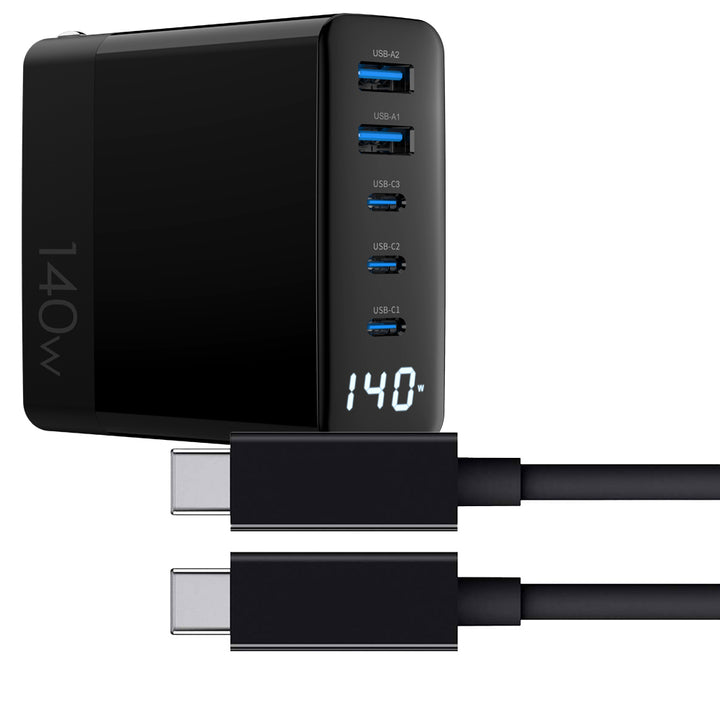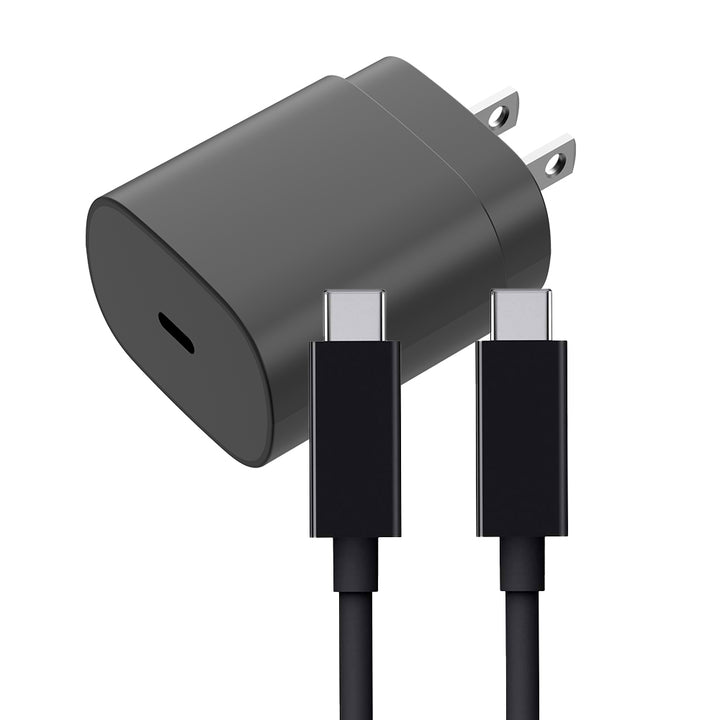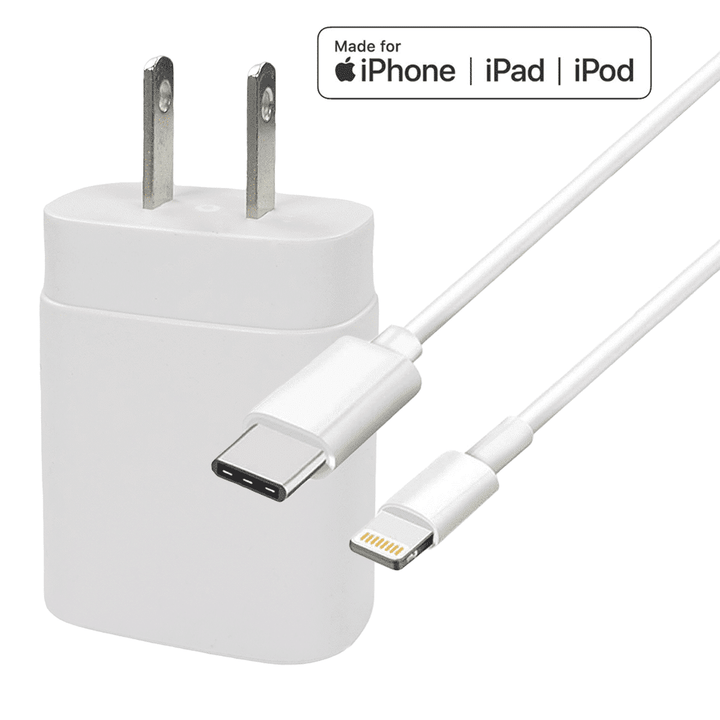Do High-Wattage Chargers Damage Batteries?

When I was younger, my parents would always tell me to unplug my (flip)phone after the battery reached 100% or else it would damage the battery. I never questioned them - it made sense to me - but I wish I still had my older Motorola to test it out today. Let's say that myth was true, does it mean that it still exists today with our updated technology? Let's dig deeper into how higher-wattage chargers work and how they affect your devices' batteries.
Understanding High-Wattage Charging
Chargers come with different wattages, measured in watts (W), which determine how quickly they can deliver power. A typical smartphone charger is around 5W to 20W, while fast chargers range from 30W to over 100W. Laptops, tablets, and some high-end smartphones support higher-wattage chargers for rapid power delivery.
The key factor in charging safety is not just wattage but the underlying technology, such as USB Power Delivery (PD) and Gallium Nitride (GaN), which enable efficient, safe, and adaptive charging.
Myth #1: A High-Wattage Charger Will Overload Your Battery
Fact: Your device regulates power intake.
Modern devices come with built-in power management chips that control how much power the battery receives. Even if you plug a 100W charger into a device that only supports 30W charging, it will only draw the required 30W—no more, no less. This means a high-wattage charger won’t force excess power into your battery and cause damage.
Myth #2: Fast Charging Degrades Battery Life Faster
Fact: Heat, not wattage, is the main culprit.
Battery lifespan is affected by heat and charge cycles, not just the wattage of the charger. High-wattage chargers generate more heat, which can contribute to faster battery wear if not properly managed. However, most modern devices use thermal regulation and adaptive charging to prevent overheating.
For instance, some smartphones slow down charging speeds once they reach 80% to reduce heat buildup and prolong battery life. Using certified, high-quality fast chargers designed for your device can help mitigate excessive heat.
Myth #3: Charging with a High-Wattage Charger Always Improves Speed
Fact: Your device must support fast charging protocols.
Just because you have a 100W charger doesn’t mean your device will charge at 100W. Many smartphones and laptops require specific fast-charging protocols like Qualcomm Quick Charge, USB PD, or proprietary fast-charging standards (such as Apple’s or Samsung’s). If your device isn’t compatible, it will charge at a lower speed, regardless of how powerful your charger is.
How to Safely Use High-Wattage Chargers
-
Use manufacturer-approved or certified chargers. Avoid cheap, uncertified options that may lack proper safety features.
-
Keep your device cool while charging. Remove thick cases and charge in a well-ventilated area.
-
Unplug when fully charged. While modern batteries prevent overcharging, keeping your device plugged in for extended periods can generate unnecessary heat.
-
Choose chargers with smart power management. Look for USB PD and GaN chargers that optimize power delivery safely.
High-wattage chargers are not inherently dangerous to batteries. Your device regulates power intake, and the real risk comes from excessive heat and poor-quality chargers. When used correctly, a high-wattage charger can offer faster, more efficient charging without significantly impacting battery health. Stick to trusted brands and follow best practices to ensure your battery lasts as long as possible.




